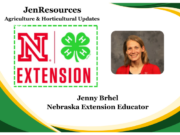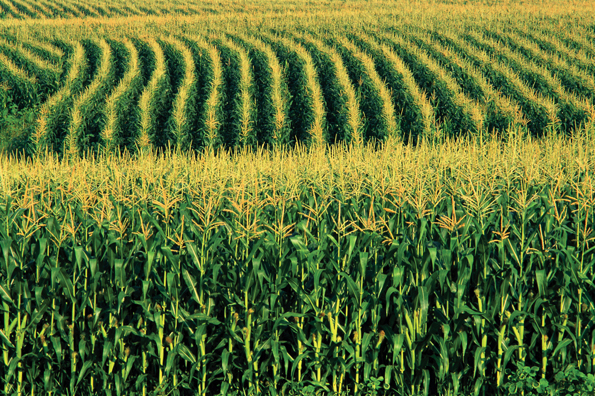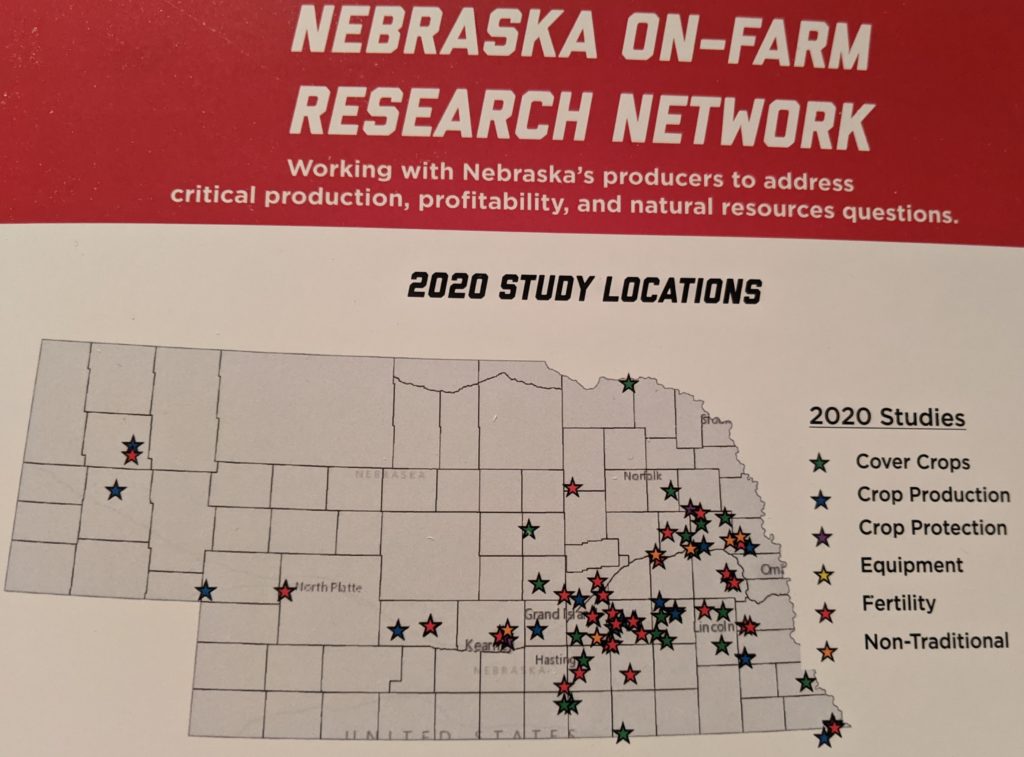| Upcoming Events: ***NOTE: Pre-Registration is REQUIRED. Counties with date/location/time not listed below chose not to have that information publicized. You will need to contact the county you wish to attend to obtain the date/location/time for meetings (particularly for pesticide & chemigation training) and to RSVP. *** Feb. 22: CSI for Youth, 5 p.m., RSVP to jrees2@unl.edu Feb. 23: Pesticide Training, Fairgrounds, Franklin Feb. 23: BeefWatch Webinar: How to Use Stockers as a Drought Management Tool, 8 p.m., Register here. Feb. 24: Pesticide Training, Fairgrounds, Geneva Feb. 24: Fairgrounds, Osceola Feb. 25: AgLand Leasing for Eastern NE, 9-11:30 a.m., https://events.unl.edu/agecon/upcoming Feb. 25: Succession and Estate Planning for Farm and Ranch – Part 1 Webinar, Noon, https://farm.unl.edu/webinars Feb. 25: Ag Budgeting Workshop for Eastern NE, 1:30-3 p.m., https://events.unl.edu/agecon/upcoming Feb. 25: On-Farm Research Updates: Beatrice, York, Wahoo, David City, Clay Center, Auburn. RSVP: https://go.unl.edu/h83j Feb. 26: On-Farm Research Updates: Norfolk, Wilber, Seward, Kearney, West Point, Osceola, Clay Center, Nebraska City, North Platte. RSVP: https://go.unl.edu/h83j Feb. 26: ProHort: Focus on Trees (virtual), 9 a.m.-Noon, Register: Go.unl.edu/ProHort Feb. 27: Houseplants 101 Webinar, 10 a.m.-Noon, https://go.unl.edu/houseplants101 |
On-Farm Research Updates: This week brings my favorite winter meetings, the on-farm research updates on Feb. 25 and 26! I’m passionate about on-farm research as it’s such a practical, inexpensive way to address the research questions growers have! These meetings are more meaningful to me because we get to hear from the farmers themselves who conducted the studies and have more discussion around the topics. They do look different this year with a huge number of people registered virtually vs. in-person. They’re also only a half day and we won’t cover the entire book of studies that were conducted. However, whether you participate virtually or in-person, you will hopefully hear from farmers who conducted on-farm research studies. And, this ‘in-person’ meeting does have people at most local sites also presenting in person. I realize that’s been a point of confusion/frustration as we’ve hosted many zoom meetings as ‘in-person’ watch events where no one presented live at the location. Register for virtual or in-person at: https://go.unl.edu/h83j.
I enjoy hearing from the farmers themselves regarding why they conduct on-farm research. The following YouTube video produced in 2020 highlights area farmers David and Doug Cast of Beaver Crossing and Ken Herz of Lawrence: https://youtu.be/tEy-I43CT0E.
Succession/Estate Planning opportunities are upcoming with a two-part webinar event held Feb. 25 and Mar. 4 at Noon. You can register for those at: https://farm.unl.edu/webinars . There’s also an in-person event at Central City at the Fairgrounds on March 2 at 9:30 a.m. and please RSVP to 308-946-3843 if you’d like to attend.
Tree and Houseplant Webinars: A webinar focused on trees will be Feb. 26 from 9 a.m.-Noon with registration here: Go.unl.edu/ProHort. A houseplant webinar series will occur on Feb. 27 and Mar. 6 from 10-noon with registration here: https://go.unl.edu/houseplants101.
Nitrogen Studies: With spring nitrogen applications around the corner, perhaps you are interested in testing different rates, timing, or inhibitors on your farm? On-farm research is a great option to consider! For some specific precision nitrogen studies (including inhibitors), there are stipends of $1300 available to producers interested in those studies. More info: https://cropwatch.unl.edu/precision-nitrogen-management-farm-research-project. There’s also a partnership with the Upper Big Blue NRD where those interested in conducting nutrient management or cover crop studies may receive $300 in reimbursement costs. If you’re interested in a study like this, please let me know. Next week I’ll share on nitrogen rate and timing results.
Farm Bill: Another tool that may be more visual in helping you make these decisions is the K-State tool at: https://www.agmanager.info/ag-policy/2018-farm-bill/tradeoff-between-20212022-arc-and-plc and I added it to my Farm Bill Decision Tools blog post. It shows you in one chart what happens with potential ARC-CO or PLC triggers by crop depending on what market year average price does or what county yield does. It doesn’t allow you to put in a historical irrigated percentage (HIP), so you need to consider that when selecting ‘irrigated’ or ‘nonirrigated’ in the tool. With it being in one chart, visually, perhaps that would help some of you more? It honestly doesn’t change what I’ve shared with you before, but it seems people are really struggling with this decision, so if you need another way to visualize what to do, it may help. Ultimately, no matter what tool is used, PLC is favored most often in corn, milo, and wheat. Soybeans often could go either way, and likely there may be no payment for soy or corn unless something substantial happens with MYA price or county yields. If you’re really on the fence, it may be helpful/wise to just split decisions between the two programs for different farms? For counties where there’s split irrigated/non-irrigated payments, particularly in areas that are drought-prone, look at what county average yield will trigger ARC-CO for your specific county using the tool. Crop insurance and marketing are ultimately a huge chunk of risk management too. Ultimately, the decision is up to you and no one can predict prices/yields. This information is just shared as a way to hopefully help with your decision making.
I still haven’t heard/seen that 2020 county average yields have been released for me to help anyone with looking at ARC-IC. From the past, we needed around 20% farm level yield loss compared to county average yield for ARC-IC to trigger. So, for those with significant yield loss from wind events, depending on how your farms are grouped, it still may be something to look at. Hopefully county average yields will be available soon.



































